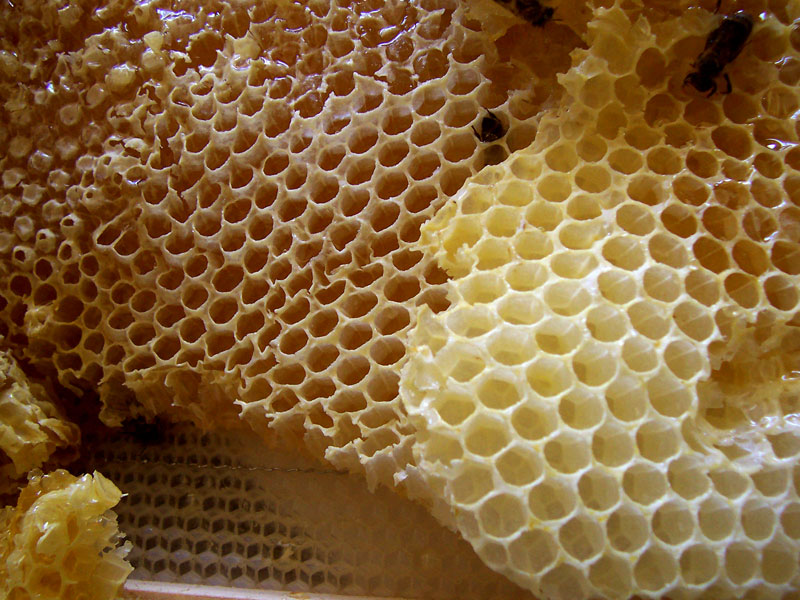Several years ago I visited an orphanage in Kenya. I spent much of my time there with several young men who had grown up and moved out of the orphanage, but still lived together to find work and opportunities. They had come together to help renovate an old school in Dandora, Kenya. Dandora is a city on a landfill, with homes and shacks built on the garbage of others. 850 tonnes of new garbage is added daily and the people of this city make their living digging through that garbage. Here in this slum city, my friends were gathering resources like bricks and corrugated metal, to help repair a school for other children. In the heat we worked, gathered, and I discovered the care that these grown orphans showed for other young children.
As we worked we told each other stories. When I told them I was a beekeeper, they stopped and laughed. They had also been beekeepers, in a way. They told me that when they were orphans, they had no access to candy or sweet treats. But they discovered a beehive out in the wilderness beyond their orphanage. These bees were not ordinary bees, they were true wild and deadly African bees. These kinds of bees have developed the ability to defend themselves from predators by swarming, chasing, and stinging, often to death, anything that would try to get at their honey. These boys really wanted that honey. So they told me about how they drew straws, and one of them was selected to be wrapped up in old rags and clothing from head to toe. Then, while most of them watched from afar, this wrapped boy went to the beehive and reached into the middle of it, quickly grabbing as much honey comb as possible before running at full speed away. These bees will give chase to any honey thief for a mile or more, and they did. This boy ran with all his might back to the orphanage covered in bee stings, but he returned a hero. His arms full of honey was shared with the other orphans and it made him a legend. These boys laughed as they re-told the story about the great honey feast they enjoyed that afternoon.
These boys have been for me a picture of generosity. From the welt-covered adventures of honey collecting, to finding supplies to build a school, these orphan children found that they were not alone. In their collecting, sharing, and caring for others, they became a family. They had each other. These gatherers found something to share and through trust and love. They gave what they had away to others.
This Christmas season we may see the needs around us and feel overwhelmed. We are called not to meet every need, but to find ways to generously share what we do have. We can be the gatherers who collect what what we find – a meal, cookies, a job posting, a gift card, groceries, or a note – and give it to those we know may benefit from it.
Imagine the joy that those orphan kids would have had to see a rag-and-bee-sting covered boy returning with dripping honeycomb for all. Imagine the joy our city will have if we return with gifts to share. As we gather, may we each listen and watch for those who would enjoy what we have, and may we each find the joy in giving. Through this pandemic, and at this time of year especially, Chestermere is becoming a city that gathers and shares. Tidings of comfort and joy, indeed.






